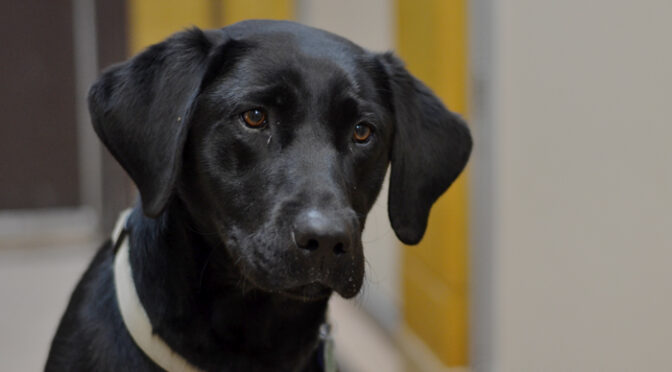Frequently Asked Questions

Question About Fido or the Herd?
Chances Are We’ve Heard it Before.
The phone is forwarded after hours to the veterinarian on call. If the veterinarian is unavailable, leave a detailed message including your full name, phone number, and the nature of the emergency. Your call will be returned when possible.
There is no maintenance after the chip is implanted into the dog. However, you will need to update the chip’s service company if you move or the animal has a new owner. They provide 24/7 services for questions and/or concerns.
Our recommended vaccination schedule, once the puppy or kitten series of vaccinations is complete, is an annual booster for canine distemper/parvovirus combination for dogs and feline distemper combination for cats. Rabies is recommended every other year for the average animal. Those with a higher risk, such as hunting dogs or farm dogs, we recommend annual boosters. Those with very low risk dogs that do not leave the house except on a leash, the booster can be extended to three years. See our vaccination schedule here.
We feel for the long term health of your pet, as well as the possibility of unwanted/undesired puppies or kittens, it is best to spay or neuter your pet if you have no plans to breed them. The AVMA website is a very good resource for care or basic questions about your pet.
When you board your pet, we ask if your pet is good with other pets. If your pet prefers to be alone, they will be placed outside by themselves in our fenced outdoor area. The inside kennels are 6 feet high with smooth sides and the dogs are not able to see each other for privacy.
Our kennel staff also performs a behavior assessment with new patients to access their compatibility with others, if you are unsure how they will respond to other animals.
We do not make house calls for small animal patients. Farm calls can be made when owners are unable to bring in an animal, such as for a down cow, or when the owner has more animals than will fit in a trailer.
Kennel Cough is the common name for several viruses and bacteria that cause a disease that presents with coughing, fever, lethargy, and inappetance in dogs. The disease is usually self-limiting, but may need further care if signs are severe. It is also contagious from dog to dog that are in close contact with each other.
The most common source of the disease is Bordatella bronchioseptica bacteria. The vaccination aids in preventing the disease and is required to be boarded or groomed at Northern Plains Animal Health, PC.
Visit The American Veterinary Medical Association website for this question and others regarding general pet care.
Several of the same products are used by veterinarians and at normal retail outlets, many are not. The two main differences between purchasing them from a veterinarian and a retail outlet are the knowledge of the product and the potential adverse reactions, and often there are specials (e.g. buy three get one free) that are only available at the vet office.
Visit The American Veterinary Medical Association website for this question and others regarding general pet care.
Visit The American Veterinary Medical Association website for this question and others regarding general pet care.
Trich is the slang name for Trichomoniasis infection. This is a venereal disease of cattle that is spread during breeding. If your herd is free of this disease, the only way it can affect you is by bringing in an infected animal. This is why you should only purchase virgin bulls or cows and heifers that are confirmed at least 120 days pregnant, or with calves at side. The South Dakota Animal Industry board has more information regarding Trich on their website.
Yes. All currently available vaccines for horses are available to clients for use on their own animals.